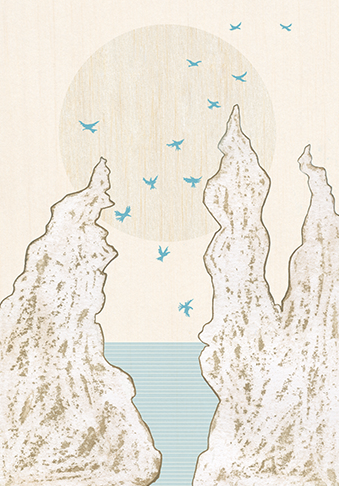Accusing witches in the twenty-first century
Locating appropriation
Keywords:
Witchcraft, Wicca, Appropriation, Expanded historicities, Anthropology of historyAbstract
There is little about globalized modern magical-religious Witchcraft that isn’t borrowed. It is well established that it is a creative response to modernity rather than an ancient continuous practice. Its inventiveness also makes it ripe for charges of religious appropriation. Complaints are compounded by claims that Nature Religions and New Age are consumerist movements, shaped by principles of alienated capitalism, fostered by ethnocentric views and coloniality. For British practitioners, anxieties about ethical practices mean they have recently turned to scrutinizing their own practice, but their questions focus on whether the entangled colonial histories of modern Witchcraft mean it is an inherently appropriated practice. In part this reflects changing political conditions, but it is also informed by the alignment of history with formal accounts over twenty years ago. I consider whether Liz Bucar’s (2022) valuable advice – to borrow more and better – will help shine some light on these debates.

Published
How to Cite
Copyright (c) 2023 Helen Cornish

This work is licensed under a Creative Commons Attribution 4.0 International License.









